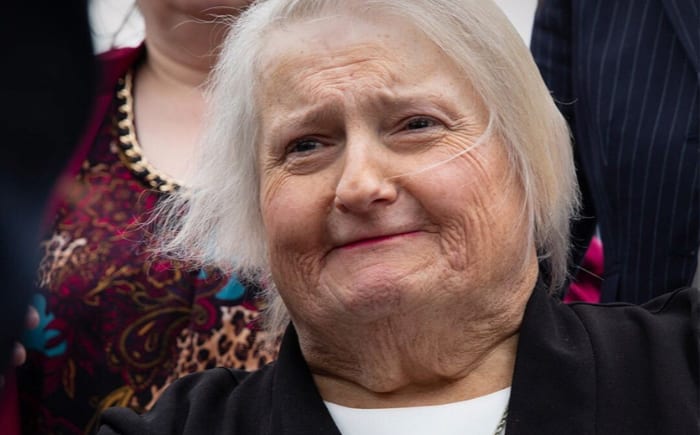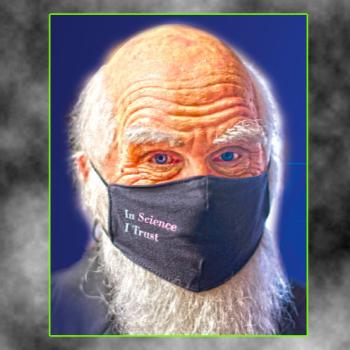IN 2017 the US Supreme Court ruled that federal law prohibits discrimination on the basis of sexual orientation and gender identity, upholding lower court decisions on the matter.
The court ruled at the time that Title VII of the Civil Rights Act of 1964 does apply to sexual orientation and gender identity, even though neither category is specifically mentioned by the law.

The upshot is that the faith-based business – RG & GR Harris Funeral Homes – has now agreed to pay $250,000, as part of a legal settlement, to the estate of Aimee Stephens, 59, above, who died of kidney disease earlier this year.
The funeral home sacked Stephens after she told her bosses in 2013 she was a transgender woman.
According to The Christian Post, the decision has infuriated Peter Sprigg, of the Family Research Council, a designated American hate group and a “pray-away-the-gay” fanatic.

Sprigg, above, said:
We are disappointed the Supreme Court chose to radically re-write the statute by expanding its meaning to cover ‘gender identity’ and ‘sexual orientation.’
The failure of LGBT activists to achieve their goals through the democratic process is no excuse to simply bypass that process and obtain their goal by judicial fiat instead.
The American Civil Liberties Union represented Stephens, referring to her as a “hero and a trailblazer.”
The ACLU successfully argued that by firing Stephens, the funeral home violated the core premise of Title VII.

Chase Strangio, above, Deputy Director for the ACLU’s LGBT & HIV Project, who worked on the case on behalf of Stephens, celebrated the settlement resolution.
This settlement marks a closing chapter in Aimee Stephens’ remarkable fight for justice. We are sad that Aimee is not here to experience this moment.
Strangio went on to call upon the Biden administration:
To make it clear that across all areas of federal law sex discrimination protections apply to LGBTQ people. We will honor Aimee’s legacy by continuing to fight for a country where all trans and non-binary people belong and feel safe.
The settlement was reached after the United States Supreme Court ruled 6-3 in favor of Stephens and two other LGBT individuals who were fired on the basis of sexual orientation.
The cases, known as Altitude Express Inc. v. Zarda, Bostock v. Clayton County, Georgia, and R.G. & G.R. Harris Funeral Homes v. Aimee Stephens & EEOC were combined into one decision.
Justice Neil Gorsuch authored the majority opinion, concluding that:
The statute’s message for our cases is equally simple and momentous: An individual’s homosexuality or transgender status is not relevant to employment decisions. That’s because it is impossible to discriminate against a person for being homosexual or transgender without discriminating against that individual based on sex.

 I’d love a cup of coffee
I’d love a cup of coffee













